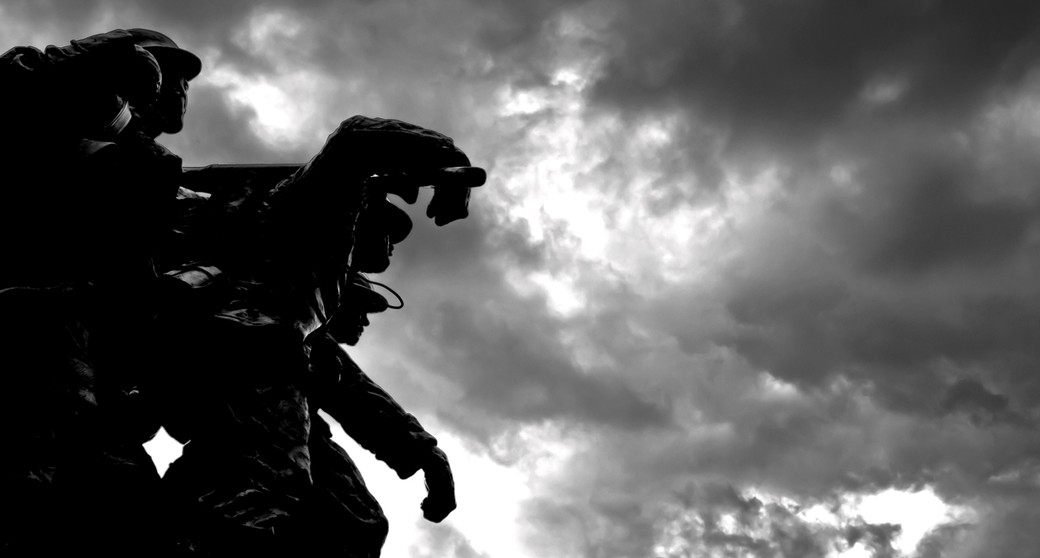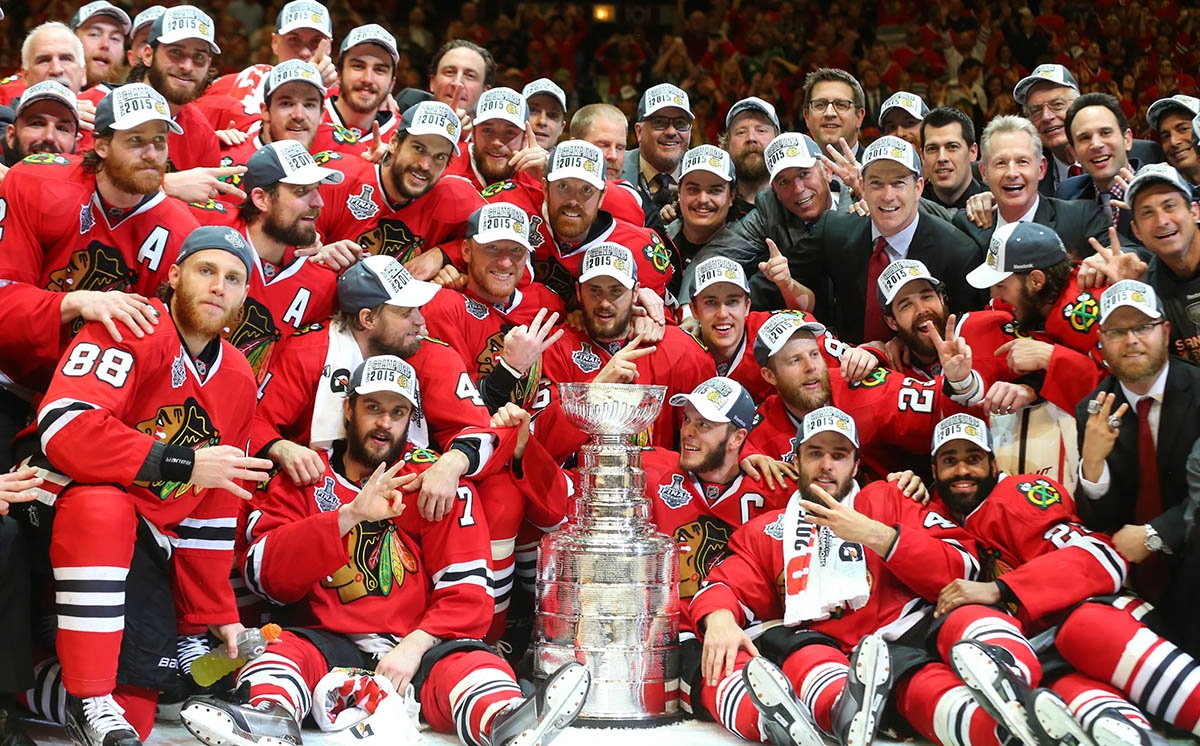
The Canadian Peacekeeping Veterans Association Concerned Over Untenable Legal Situation
By Lieutenant General (Retired) Louis Cuppens, Special Advisor Advocacy, Canadian Peacekeeping Veterans Association / Feature photo by Andre Gagne
The Canadian Peacekeeping Veterans Association, an all veteran organization, is gravely concerned about the current untenable legal situation in which Canadian veterans are trapped.
Recently a BC Court of Appeals overturned an earlier ruling of the BC Supreme Court concerning a class action law suit by veterans. The court’s claim is that there is no legislation that creates a social contract between members of the Canadian Armed Forces and the Government of Canada. Their finding states in most simplistic terms-“the government has no obligation to care for its military and veterans”. This is indeed unfortunate and this finding will surely have a negative impact on recruitment and retention of our VOLUNTEER military and RCMP’ unless it is redressed.
While citizens consider that such a social contract, also called the social covenant or the sacred obligation, exists, the reality is that our legislators have never passed legislation that defines the social contract with those who defend and serve our nation and willingly expose themselves to “harms way”. Those who serve expect that they will be cared for, but such legislation—the social contract—has eluded governments for years.
A historical review will reveal that such exists in practice but not in legislation and this needs to change. Courts enforce legislation; legislators create the laws that govern us.
The government of Canada’s support of veterans began with the creation of a two focused department, headed by a minister in 1928. In 1944 the government created the Department of Veterans Affairs by an act that has been amended over time. Neither contains a reference to the needed social contract. I contend that the creation of Veterans Canada is the fulfillment of the unstated social contract; however, successive governments seem to refuse to take responsibility for the affairs of veterans—witness the recent statements by the Minister of Veterans Affairs and the promise made by the Prime Minister to create a life-long pension for injured veterans.
The legislation to enact the New Veterans Charter and supporting legislation came into being in 2006; however, improvements can and should be made. Veterans’ advocacy groups have made the government and citizens aware of such. Still no statement of a social contract has been placed into law. In 2007 the government enacted the “Veterans’ Bill of Rights; again there is no mention of a social contract or obligation.
The courts do not consider statements by elected officials as law; in fact, such are viewed as political rhetoric. Statements by ministers and the PM that “we support our veterans” are just that, with no basis in law. Surely a simple amendment to extant legislation, that states clearly that there is a social contract wherein the government and the people of Canada have the moral and social obligation to care for its veterans, can be accomplished. Perhaps a new legislation would fulfill this essential policy. Either would be welcomed by those who serve.
Our veterans, service personnel, and RCMP stand between us and those who would do us harm. They expect that they will be cared for by the government and people they serve. Simply stated, “Remember the fallen, take care of the wounded”. Please encourage those you elect to public office to enact this essential “social contract”.











